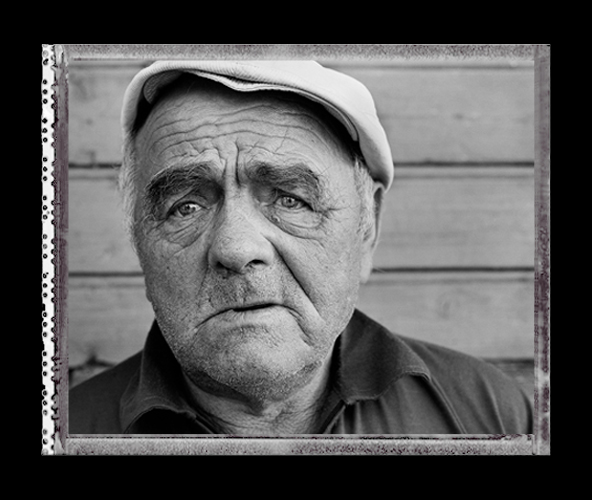The village of Barshova lies 150 miles west of Moscow. It has experienced war, felt hunger and provided cold, damp earth as a home to its people during the German occupation. Its a resilient village whose wooden structures and tilled soil have been devoured by explosions only to rise again in a better day. It has seen fear, anger and desperation. But it has also heard singing; the singing of women while sharing the tasks of a community farm. It has heard Ivan’s accordion play loud, lively tunes for a village dance and has seen his pride when climbing into the farm’s only tractor. Together, the people of Barshova have survived, having never known a life without each other and many having never left the village except during forced evacuation.
Now, the village rests. It sleepily stands by and watches its inhabitants go through the motions of a life that seems frozen in time. Raya still wakes at 4:30 in the morning as she did in the days of Communism. But now her work is not so pressing. She spends the mornings milking her cow, feeding her chickens and looking for eggs. She hauls water from the well, balancing the buckets on a wood plank that rests on her shoulders. She takes care of her bees. Raya is lucky to have these preoccupations. Most of the villagers have only their garden to tend to. The men have only their vodka.
These days, the children of the village are temporary. They spend winters in nearby cities where their parents work. Their summers are free to run in the un-planted fields around Barshova. It is easy to feel the children’s exuberance and love for the space and freedom the village represents; but they have no future here. And yet their eyes glow with the past, reflecting the same steadfast determination of their grandparents. And if you look close enough into those eyes, you see a reflection of the village itself. Strong. Determined. Resilient.
This is Barshova, and these are her people.




























































